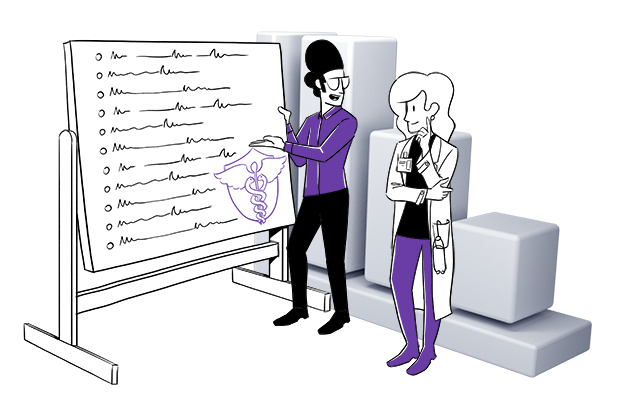Anonymized data is a type of data that has been processed to remove any personally identifiable information (PII) or personal data. Such data is often used in research, analytics, and other data-driven activities, as well as for compliance with privacy regulations.
According to GDPR, anonymized data has been altered in such a way that it can’t be used to identify a specific person. Since anonymized data can’t be restored, it isn’t considered personal data under GDPR. This means it is exempt from GDPR.
Some examples of compliant data anonymization methods include:
- Randomization:
- Noise addition – Where personal identifiers are expressed imprecisely, for instance: height: 180 cm → height 320 cm
- Substitution – Where personal identifiers are shuffled within a table or replaced with random values, for instance: ZIP: 10120 → ZIP: postcode
- Generalization:
- Aggregation – Where personal identifiers are generalized into a range or group, for instance: age: 30 → age: 20-35
Removing any identifiable information from a dataset allows for meaningful analysis without compromising the privacy of individuals.
Examples of use cases for anonymized data include:
- Measuring the effectiveness of marketing campaigns.
- Analyzing the behavior of website or mobile app users.
- Analyzing trends and patterns.
Further reading:










